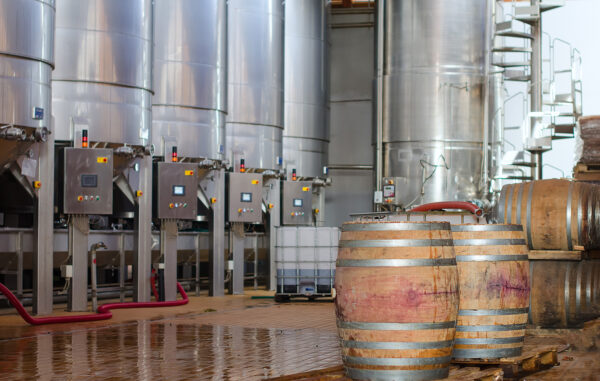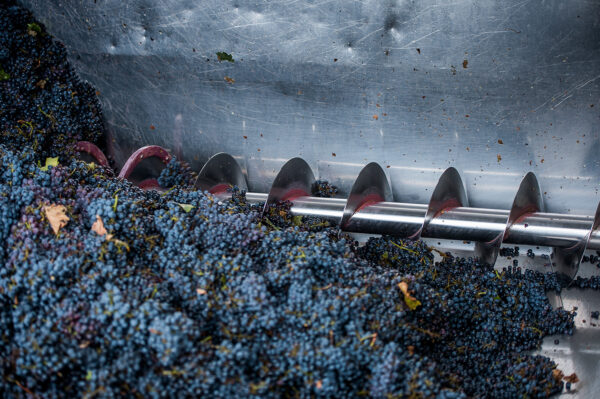When scrolling through bottles of wine and beer at your local liquor store, or browsing the cannabis products in a neighborhood dispensary, labels jump out as one of the most important ways for a beverage or cannabis business to connect with its customers. Labels capture consumers’ attention, distinguish products from each other, and convey important information to potential buyers. This makes the label design process one of the most important steps in bringing a product to market. But, labels can create many landmines for companies, exposing them to significant potential liability unless handled property.
Regulatory Requirements for Alcoholic Beverage and Cannabis Labeling
As Rogoway Law has described before, cannabis and beverage companies must keep regulatory requirements for product labels in mind whenever bringing a new product to market. Much like nearly every aspect of business in the highly regulated beverage and cannabis industries, regulatory agencies place extensive restrictions and requirements on what must appear on labels and where the content must appear.
For cannabis companies, the Department of Cannabis Control closely regulates labeling of cannabis products. For example, DCC regulations dictate the minimum font size, prohibit imagery and names that could attract children, and obligate the inclusion of extensive disclosures, product specifications and warning statements.
Alcohol labels are subject to similar restrictions, governed by Alcohol and Tobacco Tax and Trade Bureau (TTB) regulations. California’s Proposition 65 establishes another requirement for cannabis and alcohol labels, requiring warnings about the presence of potentially harmful chemicals in the products.
Ensuring inclusion of all required elements and compliance with regulatory restrictions requires extensive and careful review. Failing to do so could expose cannabis companies to regulatory risks, as well as potential liability under Proposition 65 and other California laws.
Branding, Branding and More Branding!
While many prudent cannabis and beverage companies devote significant time and resources to ensuring their product labels comply with regulatory requirements, important intellectual property considerations sometimes fall through the cracks… When designing labels, cannabis and alcohol companies should keep intellectual property considerations front and center.
In addition to conveying regulatory information to consumers, labels function as the face of the cannabis and alcohol brand. They embody trademarks – brand names and logos that identify the source of the goods to consumers. But, as is often the case whenever intellectual property is involved, companies should take certain key steps to protect their valuable IP assets and also ensure that those assets won’t create new liabilities.
Registering State and Federal Trademarks
Registering brand trademarks, within California for cannabis products, and with the United States Patent and Trademark Office (USPTO) for federally lawful goods and services, including many types of alcohol and the merchandise of both cannabis and beverage companies, helps build a strong foundation for a brand. It provides public notice of ownership and represents an important tool for brand enforcement against would-be copycats.
However, before devoting resources to designing and printing labels, and before attempting to solidify rights in the trademarks appearing on those labels, companies should make sure the prospective new brand would not infringe on any pre-existing trademarks. Businesses should also resist any temptation to parody or otherwise associate with a famous brand. Established businesses tend to vigilantly police their trademarks and vigorously enforce their rights against upstarts trying to capitalize on hard-earned goodwill. Famous brands often take an especially aggressive approach against cannabis and alcohol companies, out of fear that the stigma associated with cannabis and alcohol could tarnish the established trademark. Start-up companies would be better served by devoting their resources to building novel brands rather than fighting off a trademark infringement claim by a bigger and aggressive established business.
Copyright too!
When developing a new label, companies should also keep copyrights, the intellectual property comprising a creative work, in mind. Images and artwork on labels often constitute copyrights, as does expressive text on the label. Businesses must ensure they own or have a right to use any copyrights appearing on their product labels. This means licensing any preexisting works appearing on the label and contracting to own any copyrightable material specifically created for the label. Companies should also register all their copyrights with the US Copyright Office because registration constitutes a prerequisite in any copyright infringement lawsuit to enforce these important intellectual property rights.
The cannabis and beverage industry attorneys at Rogoway Law possess extensive experience advising on the multitude of regulatory and intellectual property issues facing companies as they embark on the label design process. Please reach out with any questions!


